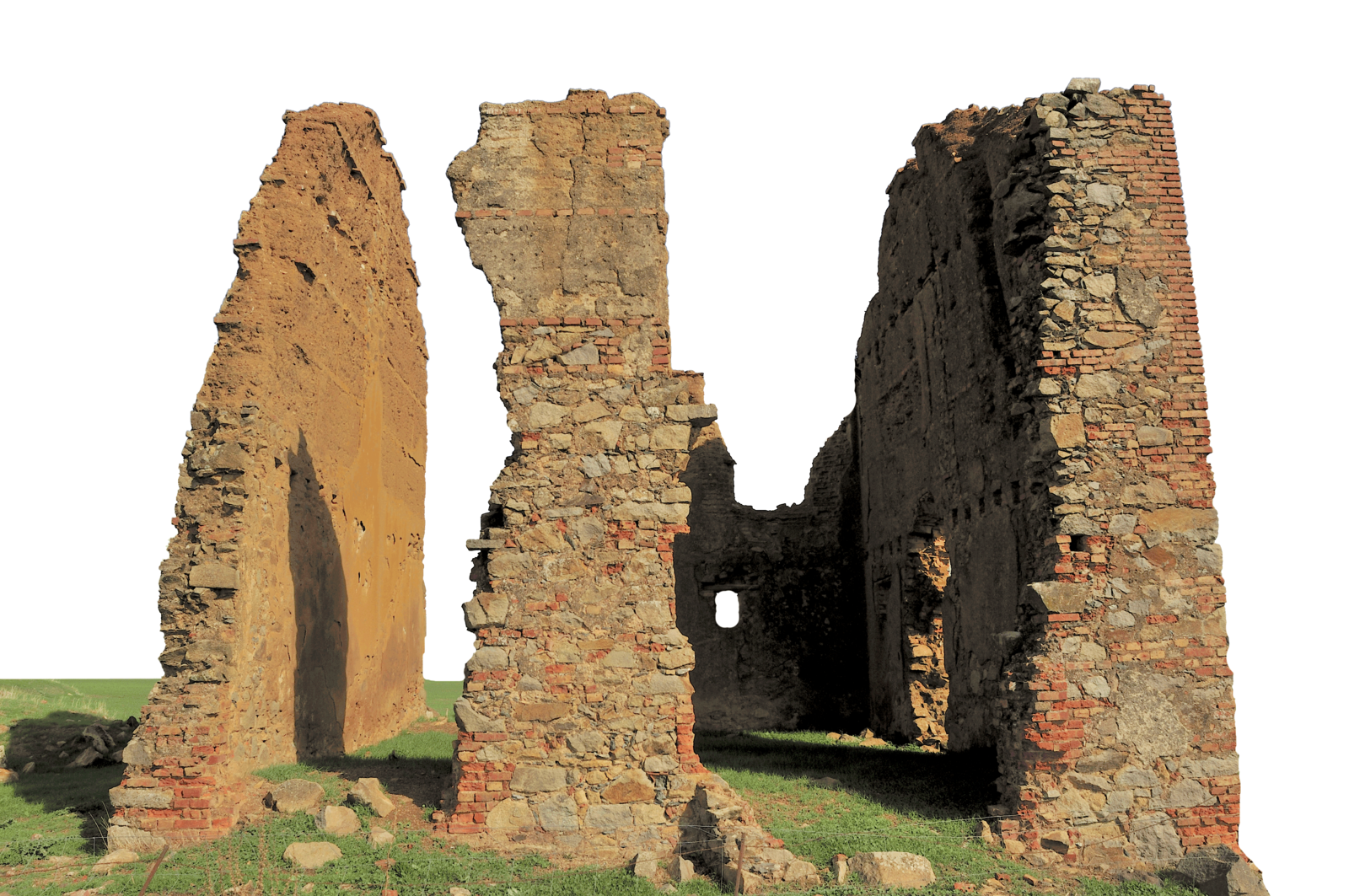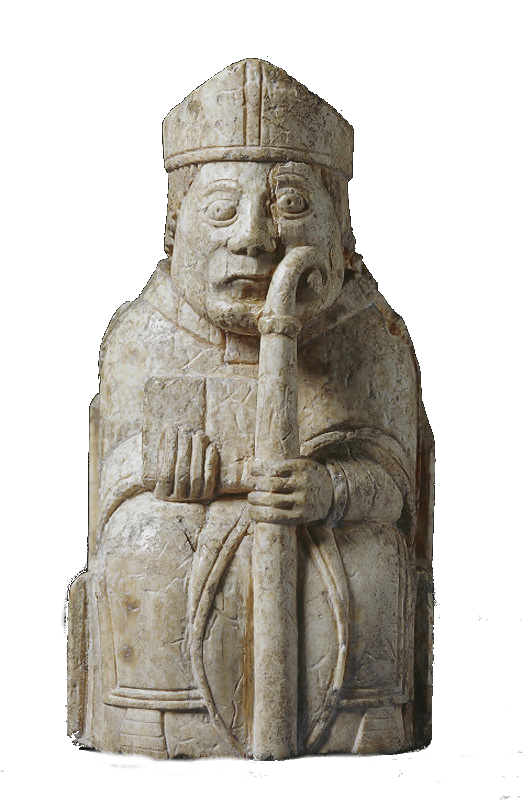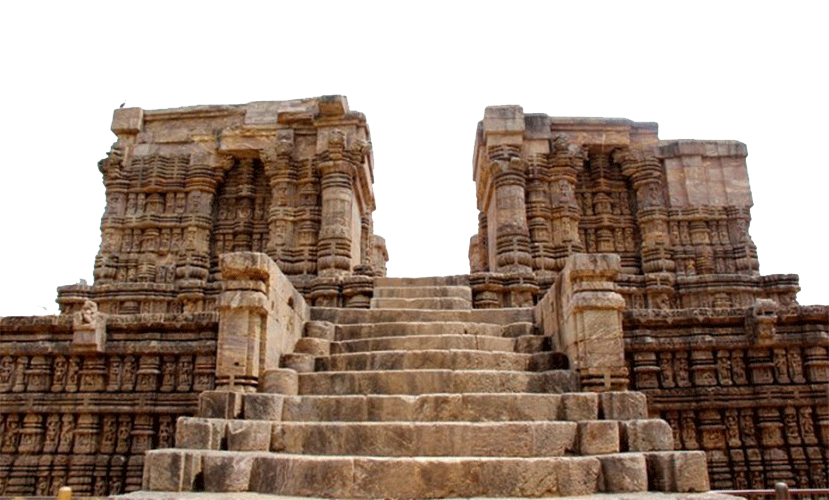Archaeology
Welcome to c/Archaeology @ Mander.xyz!
Shovelbums welcome. 🗿

Notice Board
This is a work in progress, please don't mind the mess.
- 2023-06-15: We are collecting resources for the sidebar!
- 2023-06-13: We are looking for mods. Send a dm to @[email protected] if interested!
About
Archaeology or archeology[a] is the study of human activity through the recovery and analysis of material culture. The archaeological record consists of artifacts, architecture, biofacts or ecofacts, sites, and cultural landscapes.
Archaeology has various goals, which range from understanding culture history to reconstructing past lifeways to documenting and explaining changes in human societies through time.
The discipline involves surveying, excavation, and eventually analysis of data collected, to learn more about the past. In broad scope, archaeology relies on cross-disciplinary research. Read more...
Rules
- Don't throw mud. Be kind and remember the human.
- Keep it rooted (on topic).
- No spam.
- No pseudoscience/pseudoarchaeology.

Links
Archaeology 101:
Get Involved:
University and Field Work:
- Archaeological Fieldwork Opportunities Bulletin
- University Archaeology (UK)
- Black Trowel Collective Microgrants for Students
Jobs and Career:
Professional Organisations:
- Chartered Institute for Archaeologists (UK)
- BAJR (UK)
- Association for Environmental Archaeology
- Archaeology Scotland
- Historic England
FOSS Tools:
- Diamond Open Access in Archaeology
- Tools for Quantitative Archaeology – in R
- Open Archaeo: A list of open source archaeological tools and software.
- The Open Digital Archaeology Textbook
Datasets:
Fun:
Other Resources:

Similar Communities
Sister Communities
Science and Research
Biology and Life Sciences
Plants & Gardening
Physical Sciences
Humanities and Social Sciences
Memes
Find us on Reddit

view the rest of the comments
This is the best summary I could come up with:
Several decades after the Sutton Hoo burial, starting in about AD660, there was a sudden rise in the number of silver coins in circulation in England, for reasons that have long puzzled archaeologists and historians.
“This was such an exciting discovery,” said Rory Naismith, a professor of early medieval English history at the University of Cambridge, one of the academics behind the study.
“Now we have the first archaeometric confirmation that Byzantine silver was the dominant source behind the great seventh-century surge in minting and trade around the North Sea.”
Intriguingly, the isotopic signature of the Byzantine silver showed it was already decades or more old – most likely it had been prized as a way to display its owner’s power and wealth.
The ruler honoured at Sutton Hoo, thought to be Raedwald of East Anglia, was buried with a collection of Byzantine silver bowls and other items which, if melted down, could have made 10,000 pennies, the authors say.
“It’s fair to say we were surprised by this result,” said Dr Jane Kershaw, an associate professor at Oxford University’s school of archaeology and the study’s lead author.
The original article contains 653 words, the summary contains 188 words. Saved 71%. I'm a bot and I'm open source!